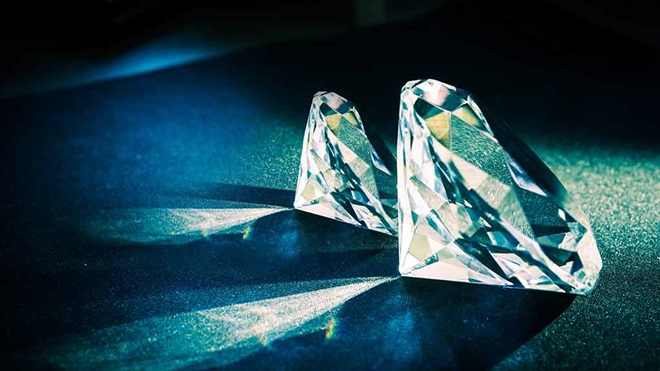Table of Contents
Introduction
Lately, investment lab grown diamonds have arisen as a significant player in the gemstone market, offering a sustainable and frequently more affordable alternative to natural diamonds. As the appeal of these man-made pearls develops, so too does their potential as an investment asset. This article investigates the advantages and considerations of putting resources into lab-grown diamonds, giving a thorough guide to those keen on this innovative area.
Understanding Lab-Grown Diamonds
What Are Lab-Grown Diamonds?
Lab-grown diamonds, also known as engineered or refined diamonds, are created utilizing advanced technological cycles that replicate the natural circumstances under which diamonds structure. These diamonds are chemically, physically, and optically identical to their mined counterparts, yet they are created in a controlled climate.
The Creation Cycle
Lab-grown diamonds are manufactured through two primary techniques: High Strain High Temperature (HPHT) and Chemical Vapor Affidavit (CVD). The HPHT technique simulates the high-pressure, high-temperature states of natural diamond formation, while CVD includes the testimony of carbon atoms onto a diamond seed in a vacuum chamber.
The Investment Potential of Lab-Grown Diamonds
Market Patterns and Demand
The market for lab-grown diamonds has been expanding rapidly. As buyer inclinations shift towards sustainable and ethical items, lab-grown diamonds have gained popularity for their eco-accommodating attributes and cost-adequacy. This developing demand adds to their potential as a viable investment asset.
Dangers and Considerations
Market Volatility
Like all investments, lab-grown diamonds are likely to market fluctuations. The cost of these diamonds can be affected by factors like changes in purchaser inclinations, advancements in innovation, and financial circumstances. Financial backers ought to know about these potential dangers and consider broadening their investment portfolio to mitigate them.
Resale Value
While lab-grown diamonds are gaining acceptance, their resale value may not always match that of natural diamonds. The market for lab-grown diamonds is as yet developing, and their drawn out value recommendation as an investment is yet to be completely established. Financial backers ought to evaluate the potential resale market prior to making significant investments.
The most effective method to Put resources into Lab-Grown Diamonds
Direct Purchase
Financial backers can purchase lab-grown diamonds straightforwardly from reputable dealers or manufacturers. Essential to work with established companies give certification and transparency about the diamond’s starting point and quality.
Investment Assets
Some investment assets and platforms specialize in lab diamonds and deal valuable open doors for financial backers to gain openness to this market without purchasing individual stones. These assets may put resources into an arrangement of lab-grown diamonds or related organizations, giving an expanded approach to investment.
Auctions and Specialty Markets
Lab-grown diamonds can also be acquired through auctions and specialty markets. These platforms may offer extraordinary or excellent stones that are not readily available through conventional retail channels.
Conclusion
Putting resources into lab-grown diamonds presents an astonishing an open door for those trying to differentiate their asset portfolio while supporting sustainable practices. With their increasing market presence and advantages over natural diamonds, lab-grown diamonds offer a cutting edge and innovative approach to investment. Nonetheless, as with any investment, it is crucial to lead exhaustive research and think about potential dangers prior to making choices. As the market for lab-grown diamonds keeps on developing, they may very much turn into a significant asset class for forward-thinking financial backers.




